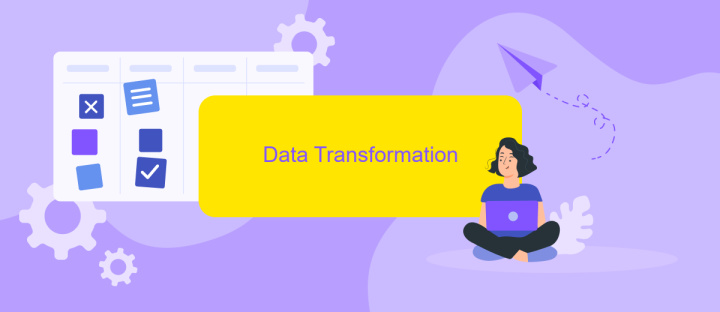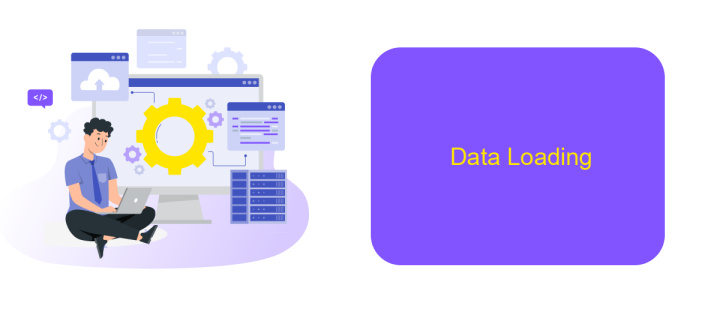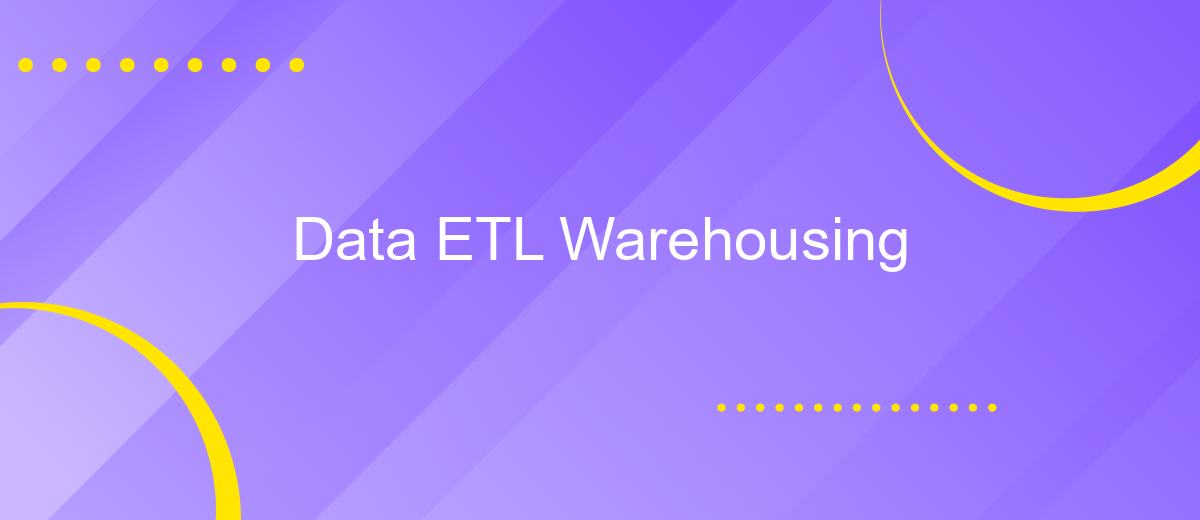Data ETL Warehousing
Data ETL (Extract, Transform, Load) warehousing is a crucial process in modern data management, enabling organizations to consolidate, process, and analyze vast amounts of information efficiently. By extracting data from various sources, transforming it into a usable format, and loading it into a centralized warehouse, businesses can gain valuable insights, enhance decision-making, and drive strategic initiatives.
Introduction
Data ETL (Extract, Transform, Load) Warehousing is a crucial process in modern data management and analytics. It involves extracting data from various sources, transforming it into a suitable format, and loading it into a data warehouse for analysis. This process ensures that data is clean, consistent, and ready for business intelligence (BI) applications.
- Extraction: Gathering data from diverse sources such as databases, APIs, and flat files.
- Transformation: Converting data into a usable format, which includes cleaning, filtering, and aggregating.
- Loading: Storing the transformed data into a data warehouse for future analysis.
Using services like ApiX-Drive can simplify the integration of various data sources, automating the extraction and loading phases. ApiX-Drive offers seamless connectivity with multiple platforms, making it easier to manage data flows and maintain data integrity. By leveraging such tools, organizations can streamline their ETL processes, ensuring that their data warehousing solutions are both efficient and reliable.
Data Extraction

Data extraction is the initial phase in the ETL (Extract, Transform, Load) process, where raw data is retrieved from various sources. These sources can include databases, web services, flat files, and APIs. Effective data extraction requires a thorough understanding of the data's structure and the appropriate tools to access it. This stage is crucial as it sets the foundation for subsequent data transformation and loading processes, ensuring the accuracy and reliability of the data pipeline.
To streamline data extraction, businesses often utilize integration platforms such as ApiX-Drive. ApiX-Drive simplifies the process by offering a user-friendly interface and pre-built connectors for numerous data sources. This service allows users to automate data extraction tasks without extensive coding knowledge, making it accessible to a broader audience. By leveraging such tools, organizations can save time, reduce errors, and enhance the efficiency of their ETL workflows.
Data Transformation

Data transformation is a crucial step in the ETL (Extract, Transform, Load) process, ensuring that raw data is converted into a format suitable for analysis. This process involves cleaning, normalizing, and enriching data to make it consistent and usable for business intelligence and analytics.
- Data Cleaning: Removing duplicates, correcting errors, and filling in missing values to ensure data quality.
- Data Normalization: Standardizing data formats and units to ensure consistency across different data sources.
- Data Enrichment: Enhancing data with additional information from external sources to provide more context and insights.
Integrating various data sources can be complex, but services like ApiX-Drive simplify this process by automating data transfers between applications. ApiX-Drive enables seamless integration, ensuring that transformed data is readily available for analysis. By using such tools, businesses can streamline their ETL workflows, reduce manual effort, and focus on deriving actionable insights from their data.
Data Loading

Data loading is a critical phase in the ETL process, where data is transferred from a staging area to a data warehouse. This stage ensures that the data is properly structured and ready for analysis. Efficient data loading minimizes downtime and maximizes data availability for end-users.
There are several strategies for loading data, including full load, incremental load, and real-time load. Each method has its own advantages and is chosen based on the specific needs of the organization and the nature of the data.
- Full Load: Involves loading all data from the source to the destination, typically used for initial data loading.
- Incremental Load: Only new or updated data is loaded, reducing the amount of data processed and improving performance.
- Real-Time Load: Data is loaded as soon as it is available, ensuring the most up-to-date information is always available.
Using integration services like ApiX-Drive can simplify the data loading process. ApiX-Drive allows seamless connections between various data sources and the data warehouse, automating the transfer and ensuring data consistency. This not only saves time but also reduces the risk of errors during data loading.
Data Warehousing
Data warehousing is a critical component in the data management landscape, providing a centralized repository for storing and analyzing large volumes of data from diverse sources. By consolidating data into a single location, businesses can achieve a unified view of their operations, enabling more informed decision-making. The architecture of a data warehouse typically includes ETL (Extract, Transform, Load) processes, which ensure that data is accurately collected, transformed into a consistent format, and loaded into the warehouse for analysis. This structured approach not only enhances data quality but also improves accessibility and performance for complex queries and reporting.
To streamline the integration of various data sources into the data warehouse, tools like ApiX-Drive can be invaluable. ApiX-Drive facilitates seamless connections between disparate systems, automating the data transfer process and reducing the need for manual intervention. By leveraging such integration services, organizations can ensure that their data warehouse remains up-to-date with real-time information, enhancing the reliability and timeliness of business insights. Ultimately, a well-designed data warehouse, supported by robust integration tools, empowers businesses to harness the full potential of their data assets.
FAQ
What is ETL in the context of data warehousing?
Why is data warehousing important for businesses?
How can I automate ETL processes?
What are the common challenges in ETL?
How do I ensure data quality in my ETL processes?
Time is the most valuable resource for business today. Almost half of it is wasted on routine tasks. Your employees are constantly forced to perform monotonous tasks that are difficult to classify as important and specialized. You can leave everything as it is by hiring additional employees, or you can automate most of the business processes using the ApiX-Drive online connector to get rid of unnecessary time and money expenses once and for all. The choice is yours!

